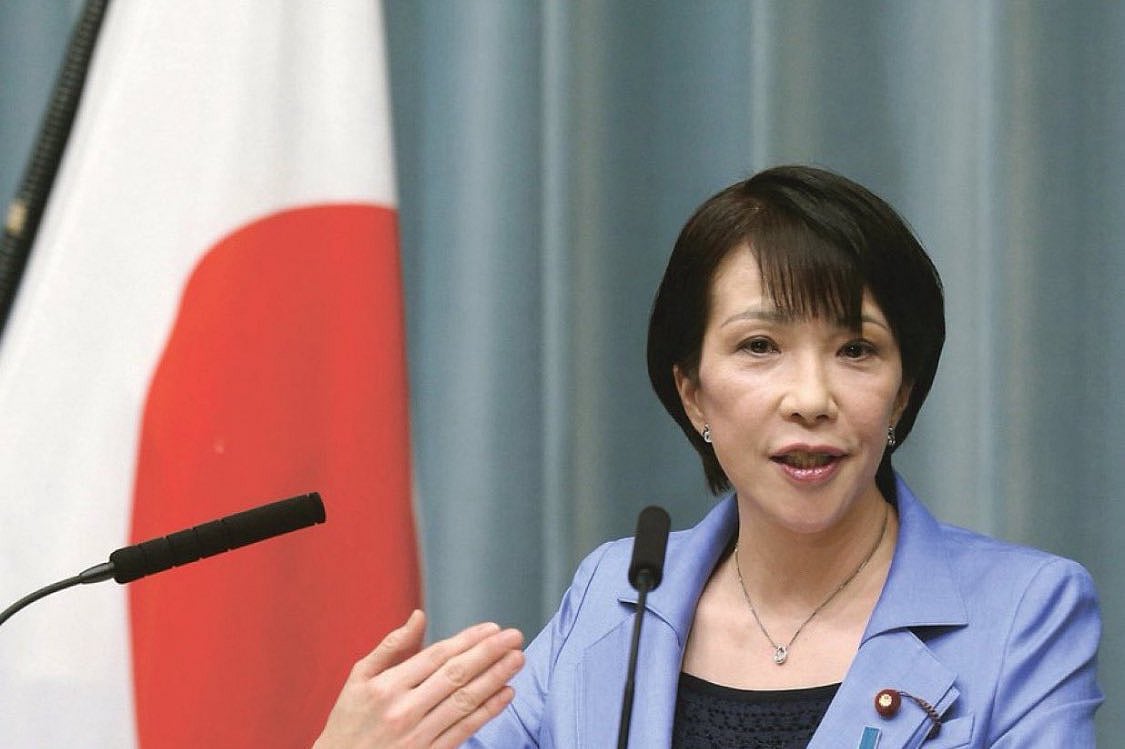In a rare public appearance, Amazon founder Jeff Bezos painted a bold vision of humanity's future in the stars, predicting that millions of people could soon call space home, not out of necessity, but by choice. All thanks to the AI boom.
Speaking at the Italian Tech Week 2025 in Turin on Friday, Bezos shared his optimistic outlook during a conversation with John Elkann, Chairman of Ferrari and Stellantis. He emphasised that advancing space infrastructure isn't about escaping Earth but enhancing life on it, with robots taking over labor-intensive jobs to free humans for more creative pursuits.
Elon Musk's full interview can be watched in the video embedded below:
"Millions of people will live and work in space," Bezos declared, envisioning vast orbital habitats within the next few decades. He highlighted the potential for gigawatt-scale AI data centers to be built in orbit within 10 to 20 years, powered by uninterrupted 24/7 solar energy—far surpassing Earth-based facilities hampered by weather and night cycles.
"These giant training clusters, those will be better built in space, because we have solar power there, 24/7. There are no clouds and no rain, no weather," Bezos said. "We will be able to beat the cost of terrestrial data centres in space in the next couple of decades."
Bezos, who founded the aerospace company Blue Origin dedicated to space exploration and coloniaation, described the current boom in AI investments as a "good industrial bubble." He urged excitement about the era ahead, stating, "There has never been a better time to be excited about the future."
His remarks come amid intensifying rivalry in the space race, subtly challenging rival Elon Musk's ambitious goal of establishing a million-person colony on Mars by 2050. While Musk focuses on the Red Planet, Bezos advocates for a multi-planetary presence starting closer to home in low-Earth orbit.
As Blue Origin continues to develop reusable rockets like New Glenn, Bezos's words signal a pivotal shift toward sustainable space economies that could redefine human expansion beyond our planet.










